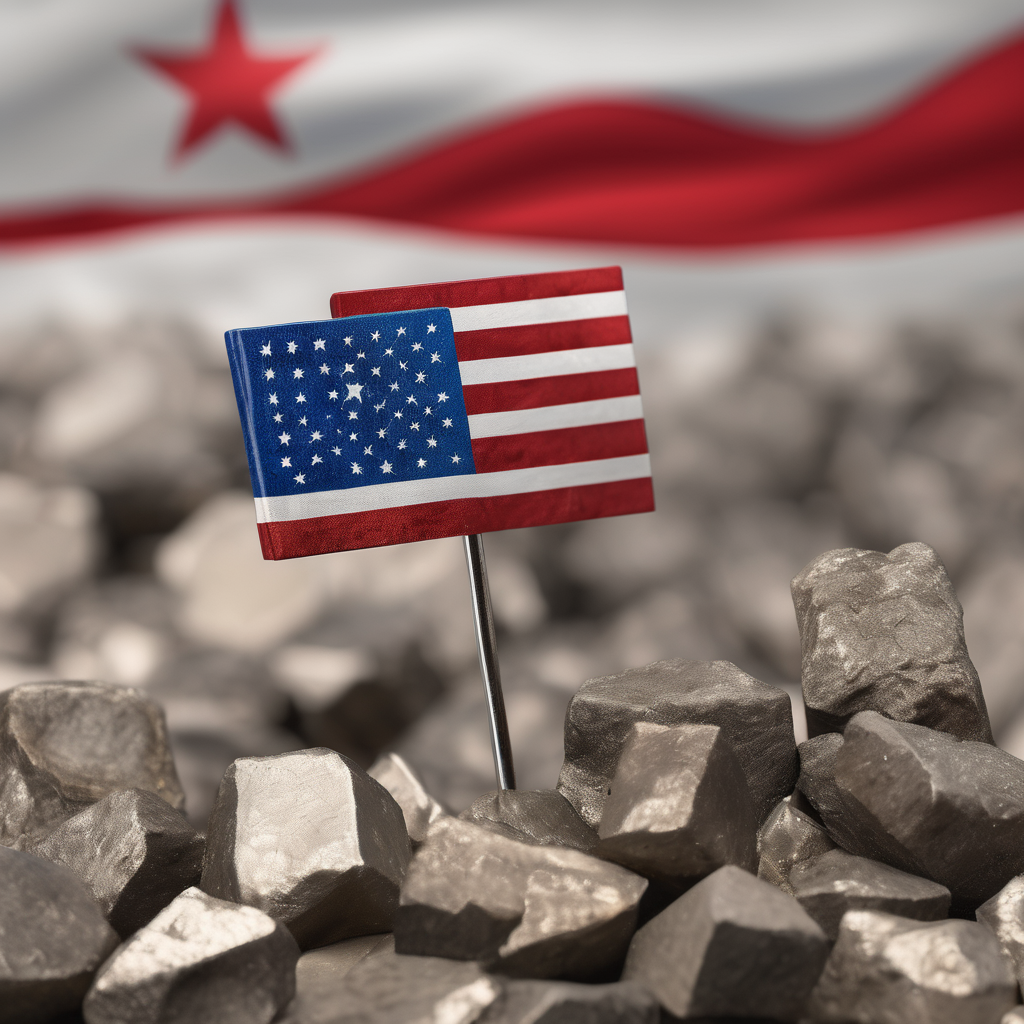China has accused the United States of creating unnecessary panic regarding its recent rare earth export controls, responding sharply to Treasury Secretary Scott Bessent’s comments, which Beijing labeled as “grossly distorted.” In a firm rebuttal, the Chinese government has rejected the White House’s request to retract these trade measures, emphasizing that they align with international export norms primarily focused on civilian usage.
In an official statement, China’s Ministry of Commerce sought to clarify its position, asserting that export license applications would be approved as long as they comply with established regulations. This statement aims to alleviate concerns that China may impose extensive licensing requirements on products worldwide that contain even minimal amounts of its rare earth materials. He Yongqian, spokesperson for the ministry, reassured that “This is not the case,” alleviating fears of excessive bureaucratic hurdles.
The dialogue around potential tariff increases continues to heat up, with U.S. Trade Representative Jamieson Greer condemning China’s actions as a “global supply-chain power grab.” This ongoing exchange unfolds against a backdrop of crucial trade negotiations, which could play a pivotal role in averting the severe threat of 100% tariffs on Chinese goods as suggested by President Donald Trump.
Previous discussions between U.S. and Chinese leadership, including a call between Trump and President Xi Jinping, had fostered a sense of stability as both nations navigated complex tariff issues. However, the latest escalation in trade rhetoric aligns with U.S. efforts to broaden its “Entity List” to regulate the export of high-tech products, a move that China claims is discriminatory.
Amidst the rising tensions, Bessent’s critique of China’s chief trade negotiator, Li Chenggang, as “slightly unhinged” and “disrespectful” has further strained relations. In response, He Yongqian highlighted China’s commitment to pursuing dialogue, indicating an openness to ongoing discussions.
Despite the current challenges, there remains a glimmer of optimism that the negotiations could yield effective outcomes. Both the U.S. and China may discover that through cooperative dialogue and strategic adjustments, they can not only strengthen their respective economic positions but also contribute to stabilizing the broader international trade environment. This scenario has the potential to generate mutual benefits for both nations and promote a healthier framework for international cooperation amid growing global uncertainties. As these talks progress, they may significantly influence future relations and trade dynamics, paving the way for more constructive international collaboration.
